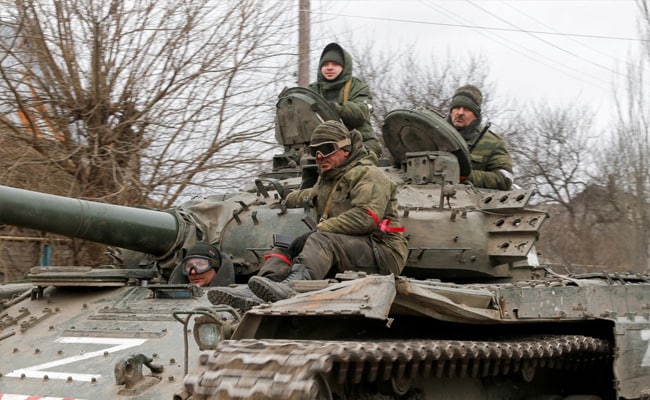
London:
Russian troops recently suffered their worst month for casualties since the country’s war with Ukraine began almost three years ago, the head of Britain’s armed forces said on Sunday.
An average of around 1,500 Russian soldiers were killed or injured per day in October, UK Chief of the Defence Staff Tony Radakin told the BBC.
Russia does not reveal the number of its war dead, but Radakin said last month’s toll was the heaviest since Moscow launched the full-scale invasion of its neighbour in February 2022.
“Russia is about to suffer 700,000 people killed or wounded — the enormous pain and suffering that the Russian nation is having to bear because of (President Vladimir) Putin’s ambition,” he added.
The armed forces chief acknowledged that Russia was territorial making gains, but said the losses were “for tiny increments of land”.
He said the Russian government was spending more than 40 per cent of public expenditure on defence and security, putting “an enormous strain” on the state.
The UK has been one of Ukraine’s strongest backers in its fight against Russian aggression, providing Kyiv with billions of pounds in military aid, as well as weapons and troop training.
Prime Minister Keir Starmer has reiterated Britain’s “ironclad” support for Ukraine, after Donald Trump’s US presidential election win raised concerns about western countries’ future commitment to backing Kyiv’s war effort.
Radakin repeated that the UK would support Ukraine for “as long as it takes”.
“That’s the message President Putin has to absorb and the reassurance for (Ukrainian) President (Volodymyr) Zelensky,” he said.
(Except for the headline, this story has not been edited by NDTV staff and is published from a syndicated feed.)









